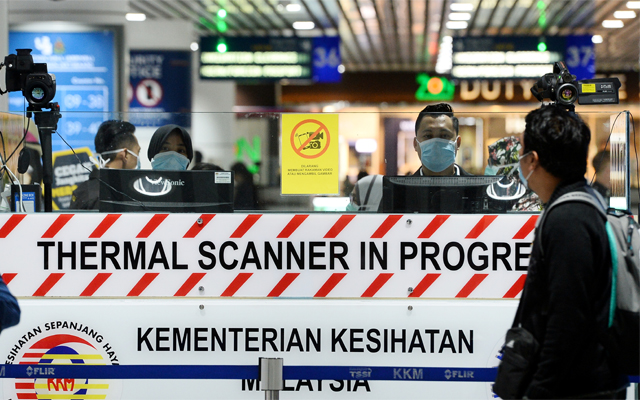
UNWTO is urging governments around the world to get the tourism sector back on track, with stringent health and safety protocols in place, stressing that this is “no time for timid leadership”.
According to UNWTO, Covid-19 travel restrictions have cost the tourism industry dearly. Between January and May, the sudden and rapid fall in tourist arrivals cost an estimated US$320 billion – three times the impact of the 2007-2009 Great Recession on the tourism sector.

In an open letter, UNWTO secretary-general Zurab Pololikashvili said: “The reopening of borders to tourism is a welcome relief to millions who depend on our sector. But this alone is not enough, especially in view of recent announcements and measures which seem further and further away from the international coordination that UNWTO has been calling for since the pandemic erupted.
“In these uncertain times, people around the world need strong, clear and consistent messages. What they don’t need are policy moves which ignore the fact that only together are we stronger and able to overcome the challenges we face.”
Stressing on the importance of tourism for jobs and economies, Pololikashvili urged global leaders to do everything they can to get people travelling again, while keeping to safety protocols as part of the new norm.
He added: “As UNWTO has said from the start of this crisis, governments have a duty to put the health of their citizens first. However, they also have a responsibility to protect businesses and livelihoods. For too long, and in too many places, the emphasis has overly focused on the former. And we are now paying the price.
“It doesn’t have to be this way. As a sector, tourism has a long history of adapting and responding to challenges head-on.”
Noting how countries around the world have implemented solutions to adapt to the new reality as a vaccine remains elusive, Pololikashvili said that rapid but rigorous testing at ports and airports, as well as contract tracing efforts have the potential to drive the safe restart of tourism.
He continued: “These solutions need to be fully embraced, not just cautiously explored. To delay will be a catastrophe and risk undoing all the progress we have made to establish tourism as a true pillar of sustainable and inclusive development.
“Moreover, it will be the most vulnerable members of our societies who will be hit the hardest as those most shielded from the economic and social consequences of tourism’s standstill urge continued caution.
“Short-sighted unilateral actions will have devastating consequences in the long run. By and large, people have learned how to behave in a responsible way. Businesses and services have put protocols in place and adapted their operations. Now it’s time for those making the political decisions to close the gaps, so that we all can advance together.”



















